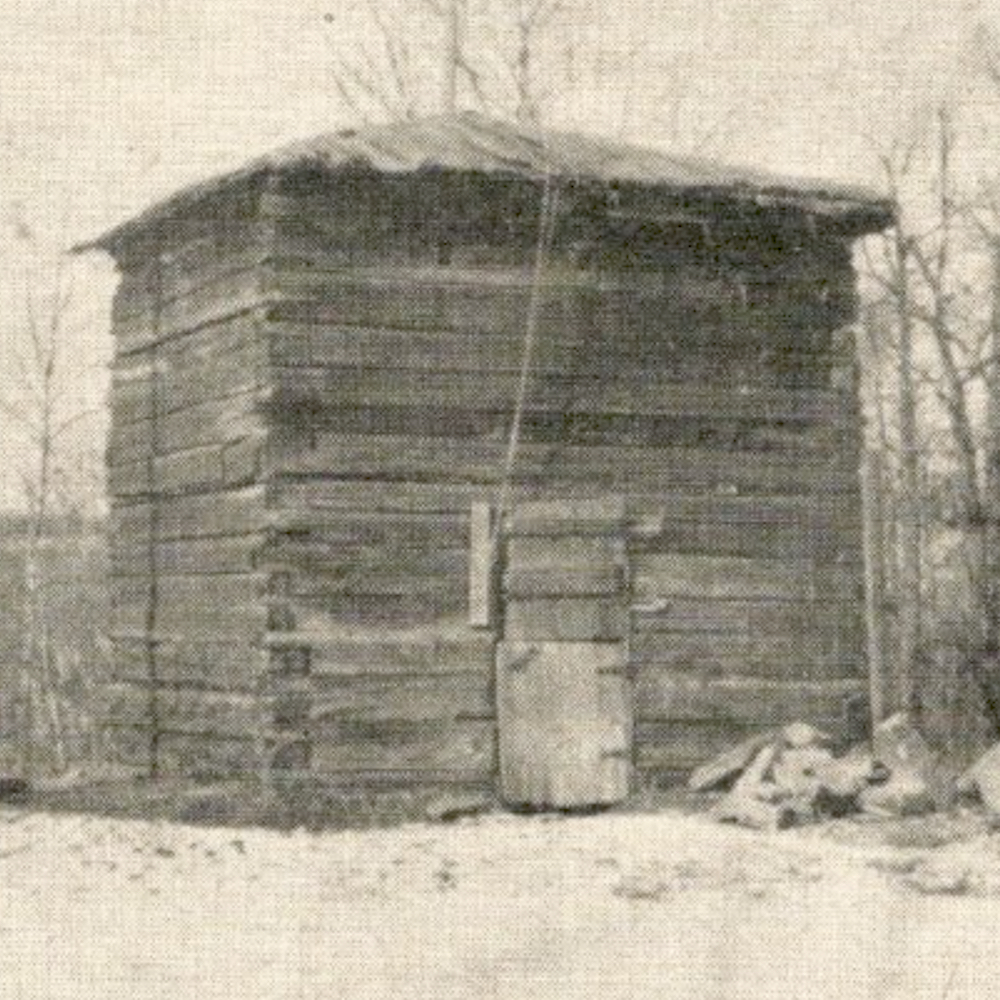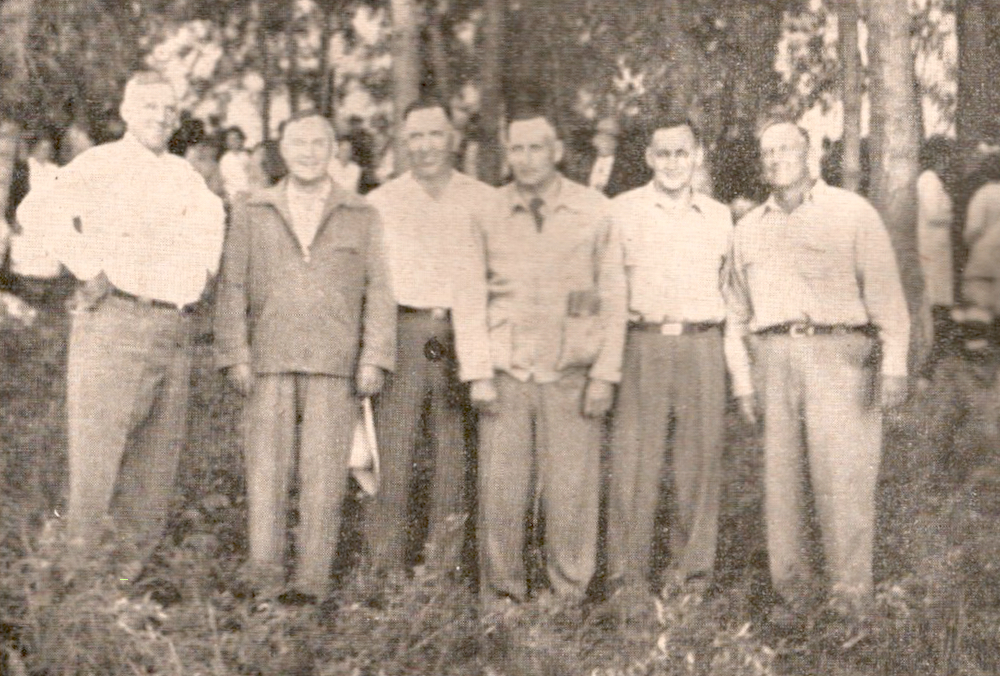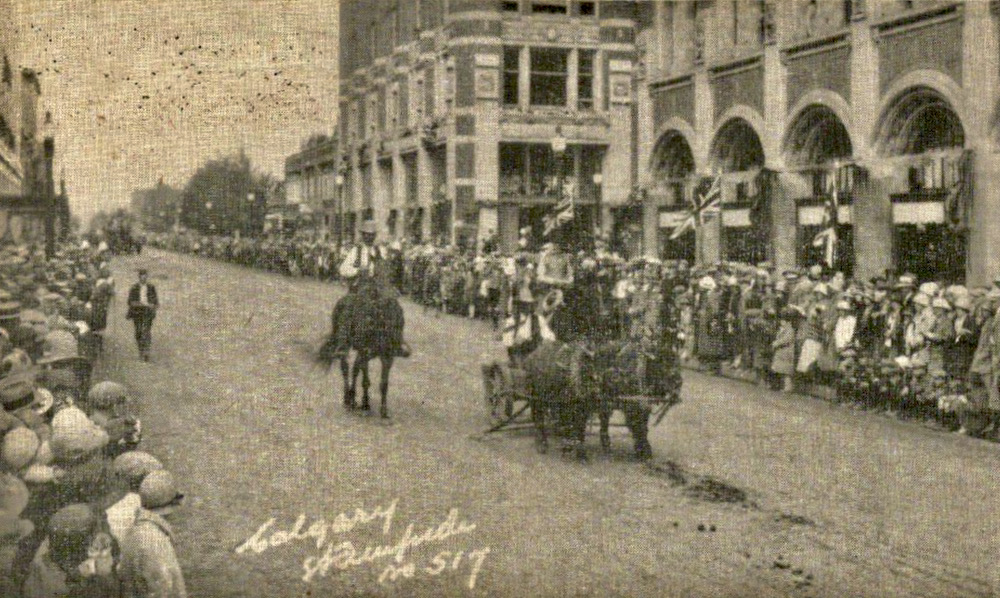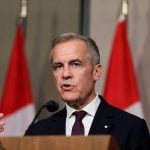American Election
By Kenneth Coppock
The overwhelming victory of Dwight D. Eisenhower, Republican standard bearer in the U.S. 1952 election, came as a great surprise to many. Canadians, always interested in the presidential elections of their great southern neighbor, this year find themselves with feelings yet to be interpreted and resolved.
Their admiration for the President-elect, the great general who led their sons and daughters to victory in Europe and for whom they named a famous mountain in the Banff National Park, remains undiminished. They, however, have inherited by way of experience, a distrust of the Republican party because of its high tariff policies of the past. They reason correctly that Canada, being the third greatest trading nation and the United States’ best customer, must have low tariffs against her exports if she as a nation is to support the present high standard of living of her people. They also reason that there is every likelihood that American tariffs in due course will be raised against them.
Read Also

Growing Canada’s beef herd: CCA’s priorities working with new federal government
This is my first column since the federal election. The Canadian Cattle Association works with all elected officials and parliamentarians, regardless…
We can understand this anxiety but we do not share it and the reason for this optimism on our part is wrapped up in the issue of Communism. In this world today there is a sharp division between the nations of the “Free World” — those that believe in human freedoms with the state subservient to man — and those that believe man is only the instrument of the state and exists only to serve the state. The “cold” war of ideologies has been under way since the military collapse of Germany and Japan and will likely continue for many years to come.
The President-elect presented in a magnificent manner the issue of communism in his pre-election speech of October 15th in New York. In that address he not only outlined the fundamental issues at stake as far as communism is concerned but dealt fully with steps which must be taken to combat the communist peril in the “Cold Peace” now prevailing.
“Our economic strength and our military strength are our nation’s shields without which peace could never be defended, nor freedom preserved.”
“We can successfully meet those targets — I believe — only by dedicating to two ideals. They are: Unity and Faith. Upon our understanding of these two ideals and our fidelity to them, depends in truth the fate of freedom.”
“Unity with our allies in the world imposes tasks just as explicit (as unity among ourselves). Here the sharpest questions bluntly challenge us. Have we the vision to triumph over the temptations of economic nationalism and to welcome full, equitable trade with our allies?”
Our belief is that the broad outlook and resolute leadership of President Eisenhower will give the American nation vision to triumph over economic nationalism which of course means withdrawal to a position of economic self-sufficiency with higher tariff walls to protect home markets. The “Free Nations” must broaden their trade — all the leaders in the “Free World” have expressed this stand in different ways. The importance of maintaining and advancing the strength of a North American economy was never more apparent. It is and always must be the bulwark of the “Free World” against the communistic intrusions. In such a necessity there is no place for economic nationalism either in the United States or Canada. The Hon. C.D. Howe, Canada’s able Trade Minister, has recently subscribed to this philosophy and has urged the two nations to “clean up their own back yards” as far as tariff and customs procedures are involved.
We have faith that the new American president will encourage broader trade among the nations outside the Iron Curtain. This does not mean higher tariffs and could mean in many instances lower imposts. We must not forget the world is a vastly different affair than it was 20 years ago when the Republicans were in charge of American policies and the party itself has, over the years, changed many of its philosophies. The change in policies and beliefs of Canadian political parties over the same period serves only to emphasize the correctness of this observation.
‘Our History’ is curated by former Canadian Cattlemen editor, Gren Winslow.















